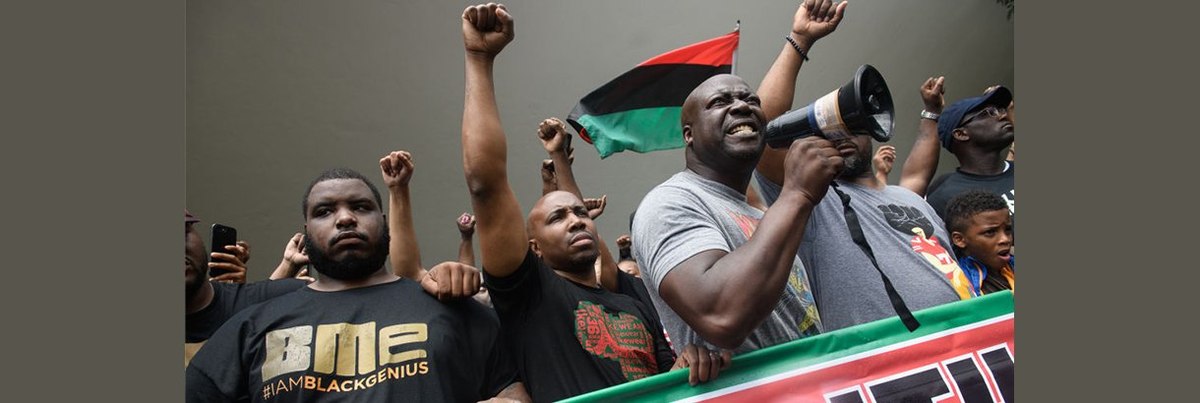It wasn’t until this year that many Americans (45%) learned about Juneteenth, a commemoration of June 19, the day when Union Army troops reached Texas and the last slaves were emancipated in 1865. In the latest Economist/YouGov Poll, nearly six in 10 people support the idea that it should become a national holiday (59%).
Juneteenth is especially prominent during the Black Live Matters protests this year after the death of George Floyd, a Black man killed by police officers on Memorial Day in Minneapolis. It gained even more attention when President Donald Trump’s campaign initially scheduled a political rally in Tulsa, Oklahoma on that date, then postponed it for one day after criticism of its scheduling on Juneteenth.
Making the day a national holiday is popular with most groups, though Republicans are closely divided. A majority of whites (54%) and nearly nine in 10ten Black Americans (87%) support it. Since the death of Floyd, vast majorities in Economist/YouGov Polls have expressed their support of the protests that followed, as well as concern about the police treatment of Floyd and a general belief that African-Americans are treated unfairly by police.
Support for the holiday is greatest among those who knew of Juneteenth before this year. Half of Blacks (53%) and a third of whites (35%) had been aware of Juneteenth before this year’s controversy.
However, nearly half the public, including three in 10 Black Americans (31%), admit they had not known about Juneteenth until this year. But this group also supports making it a holiday. President Trump may have helped increased the prominence of Juneteenth with the controversy over his rally scheduling, as he claimed, he made Juneteenth “very famous.”
The poll makes clear that relatively few Americans were celebrating Juneteenth, even this year. Seven in ten whites (70%) and half of Blacks (49%) say they have never celebrated it.
That may be different next year.
Methodology: The Economist survey was conducted by YouGov using a nationally representative sample of 1,500 U.S. adult citizens interviewed online between June 21 – 23, 2020. This sample was weighted according to gender, age, race, and education based on the American Community Survey, conducted by the US Bureau of the Census, as well as 2016 Presidential vote, registration status, geographic region, and news interest. Respondents were selected from YouGov’s opt-in panel to be representative of all US citizens. The margin of error is approximately 3.4% for the overall sample.
Read the full toplines and tables results from this week’s The Economist/YouGov poll
Image: Getty







